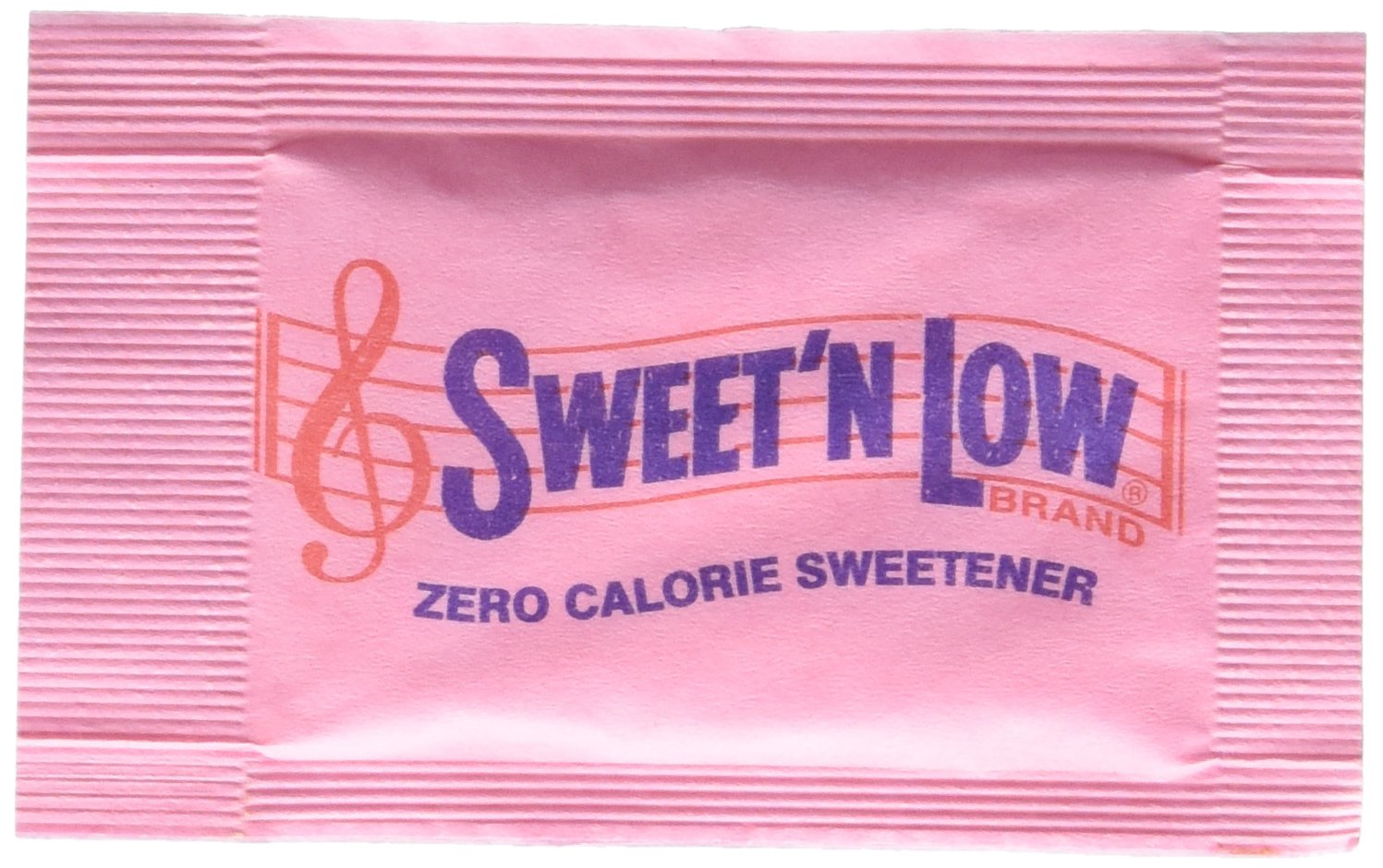
Sweet 'N Low Zero Calorie Sweetener, 1500 Count
FREE Shipping
Sweet 'N Low Zero Calorie Sweetener, 1500 Count
- Brand: Unbranded

Description
Pregnancy is a time when every bite and sip that a woman takes really matters. There have been studies in rats that show when life span exposure to artificial sweeteners begins during fetal life, its carcinogenic effects are increased. The Danish National Birth Cohort is a study of 59,334 women conducted from 1996 to 2002. They found that daily intake of artificially sweetened soft drinks may increase preterm delivery. Splenda (sucralose): Sucralose isn’t broken down in the body, so it has zero calories. It’s about 400-700 times sweeter than table sugar and can be used in anything. Since it doesn’t lose its sweetness when you apply heat to it, you can use Splenda in hot foods and baking. The best option for second place is finding a natural low-calorie sweetener that you enjoy. The FDA has approved two natural plant-derived low-calorie sweeteners, including extracts obtained from the leaves of Stevia rebaudiana plants and extracts from Siraitia grosvenorii, also known as monk fruit. Aspartame was introduced in the United States in the 1980s under the names Equal and NutraSweet. It’s one of the most common no-calorie artificial sweeteners and is currently found in over 6,000 products.
They're found in products such as drinks, desserts and ready meals, cakes, chewing gum and toothpaste. Xylitol appears to have some benefits for dental health, including reducing the risk of cavities and dental decay ( 11). The American Cancer Society points out that a 12-ounce can of diet coke contains 192 mg of aspartame. This means the average American adult weighing 75 kilograms would need to consume 8 cans of diet coke to meet the equivalent of 20 mg/kg (the quantity that induced cancer in rats). However, this also means an average 10-year-old child, who weighs 32 kilograms, only needs to drink the equivalent of three cans of diet coke daily. If a child is regularly consuming a range of artificially sweetened foods, beverages, and medications, reaching this limit doesn’t seem impossible. Artificial sweeteners can alter your gut microbiota," says Freirich. "As per a recent study in Physiology & Behavior, the consumption of artificial sweeteners alters the gut microbiota and is linked with impaired glucose tolerance. Impaired glucose tolerance raises blood sugars and increases the risk for diabetes." Artificial sweeteners simply love chilling in your gut. Start working to retrain your palette to enjoy the natural sweetness of foods, not added sweeteners. Try adding other flavors like tangy, tart, warm and savory to please your palette. For example, vanilla, cocoa, licorice, nutmeg and cinnamon enhance the flavor of foods, so you need less sweetness.Evidence from longer term observational studies on weight show conflicting results but this type of research is limited and the findings cannot be directly linked to sweetener intake. Animal research has also found that aspartame may impair memory performance and increase oxidative stress in the brain. A study published in the Journal of Toxicology and Environmental Health found that cooking with sucralose at high temperatures can generate dangerous chloropropanols — a toxic class of compounds. Human and rodent studies demonstrate that sucralose may alter glucose, insulin and glucagon-like peptide 1 levels. Sugar and sweetened foods do more than leave you at risk for a cavity. They can stimulate your appetite, making you even hungrier than you were. And going overboard with the sweet stuff can put you at risk for having obesity, Type 2 diabetes, heart disease, fatty liver disease and more.
Headaches: One study confirmed that individuals with self-reported headaches after the ingestion of aspartame were in deed susceptible to headaches due to aspartame. Three randomized double-blind, placebo-controlled studies with more than 200 adult migraine sufferers showed that headaches were more frequent and more severe in the aspartame-treated group. Artificial sweeteners can sound like a dream come true. All that sweet taste but no actual sugar and no (or very few) calories? Yes, please!More research is needed to confirm these potential side effects of erythritol are a valid concern. Summary Aspartame was discovered in 1965 by a scientist trying to make new ulcer drugs and approved by the FDA in 1981 for dry uses in tabletop sweeteners, chewing gum, cold breakfast cereals, gelatins, and puddings. It was able to be included in carbonated beverages in 1983. In 1996, the FDA approved its use as a "general purpose sweetener," and it can now be found in more than 6,000 foods. It’s also possible that artificial sweeteners make us crave sweeter food by altering our palate. Artificial sweeteners, which can be thousands of times sweeter than sugar, have the potential to overstimulate our sweet taste receptors. There are few people who can resist the taste of sweet foods. We are born with a preference for sweets, and it remains with us throughout our lives. However, too much of a good thing can lead to problems such as dental cavities, tooth decay, obesity, and the health complications related to being overweight and obese (for example, type 2 diabetes, hypertension, hypertriglyceridemia, and heart disease). Problems such as osteoporosis and vitamin and mineral deficiencies can also occur when high-sugar foods replace more nutritionally balanced foods.
- Fruugo ID: 258392218-563234582
- EAN: 764486781913
-
Sold by: Fruugo
